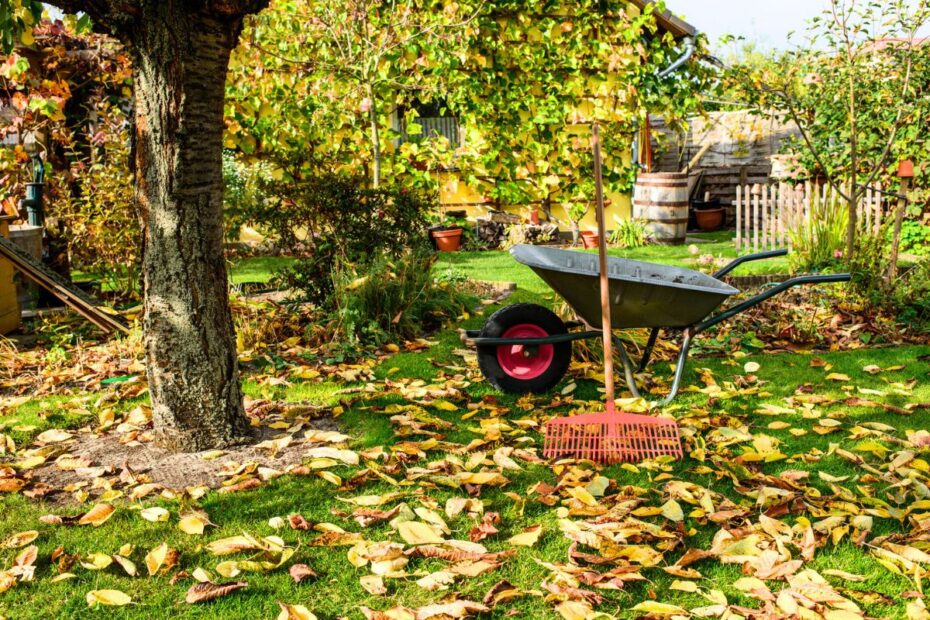Every autumn, many of us reach for the rake or leaf blower to clear our lawns of crunchy, fallen leaves. It feels tidy, it looks neat — but according to experts, you might be doing your garden a disservice. Far from being waste, those leaves are nutrient-rich gold for your soil, plants, and the wildlife that call your yard home.
Nature’s free fertiliser
Leaves are packed with essential nutrients like nitrogen, carbon, phosphorus, and potassium. As they break down, they return these minerals to the soil, acting as a natural fertiliser for your lawn. It’s the same process that sustains entire forests. Melissa Hopkins from the National Audubon Society explained it perfectly: “In the forest, nobody removes the leaves. They provide 50 to 80 percent of the nutrients trees receive. They’re like gold for the soil.”
Instead of bagging them up, consider mowing over a light layer so they decompose more quickly. Your grass will thank you for the nutrient boost, and you’ll cut down on the need for chemical fertilisers.
A home for wildlife
Beyond feeding your lawn, leaves provide critical habitat. Damp piles become shelter for worms, spiders, and insects, which in turn support bats and birds higher up the food chain. By leaving leaves on the ground, you’re giving your local ecosystem a boost — especially pollinators like bees, which benefit when fewer chemicals are used in gardens.
David Mizejewski of the National Wildlife Federation put it simply: “Fallen leaves are a double win. They form a natural mulch that suppresses weeds while fertilising the soil as they break down. Why pay for mulch and fertiliser when nature is handing it to you for free?”

Striking the right balance
Of course, there’s a catch. A thick, smothering blanket of leaves can block sunlight and suffocate your lawn. The trick is balance: leave a thin layer to enrich the soil, and mulch them with your mower to speed up decomposition. Too many leaves? Use them around trees, flowerbeds, or in your compost pile.
Rethinking autumn chores
Instead of seeing fallen leaves as yard waste, think of them as a seasonal gift. They cut down on garden costs, reduce waste sent to landfill, and support biodiversity right outside your door.
So next time you’re tempted to drag every last leaf to the curb, pause. Your garden — and the creatures that depend on it — might prefer you let nature do the work.
